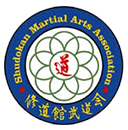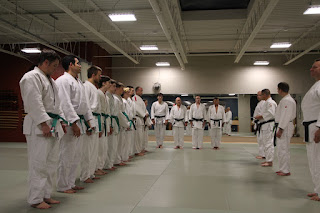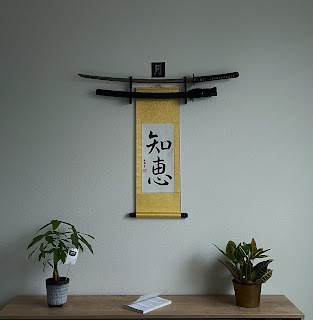Confucius’s four corners principle says that a teacher’s role is really limited. No matter how much he offers, he is only, as the Buddha would say, a “pointing finger” showing you the path to wisdom. It is up to you, the student, to take that road and find its end. The teacher is a marker, a pathfinder. He’s not going to carry you all the way to the end like a baby.
A teacher, a sensei (“one who has lived more than you”, i.e., an elder, someone with more experience), can teach you only a smidgeon of what you need to know as a martial artist. The rest, the majority of the learning, in fact, is up to you. You can be shown one corner of the room by the teacher. Given that one corner, as a student you should have enough wits about you to be able to discern where the other three are. The teacher shouldn’t have to show you all the rest of the corners one by one.
It made me realize that, as gifted a martial artist as my head instructor was, he couldn’t teach me all I needed to know. Other people had to show me things a different way for me to grasp everything fully. And I had to spend more time working things out on my own to make the knowledge fit my body morphology and ways of movement.
Improve Your Martial Arts at a Japanese Karate Association
Have you been looking for an authentic Japanese karate association?
SMAA offers five different divisions of authentic Japanese martial arts. Submit a contact form here or call 734-720-0330 to start your martial arts journey!












